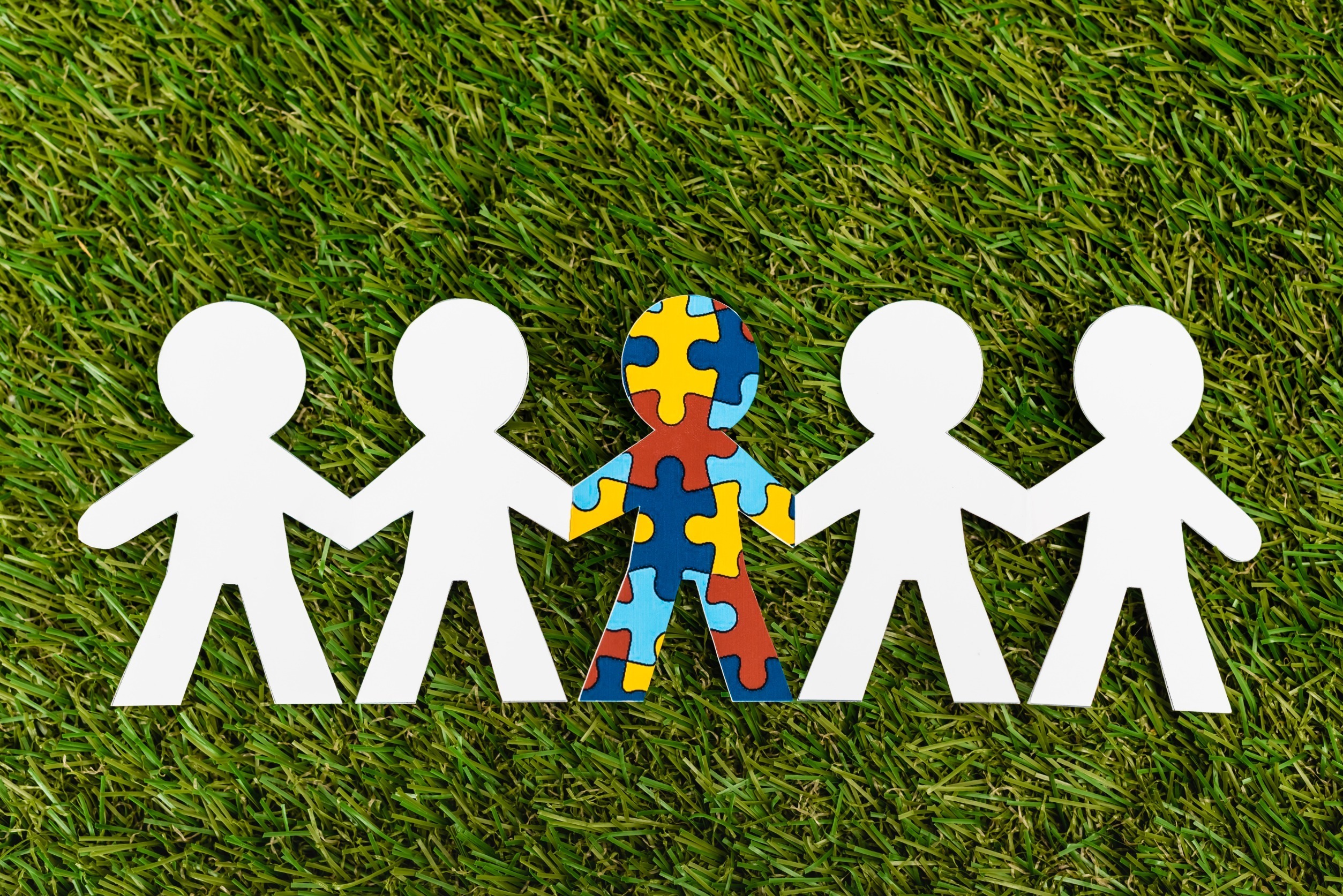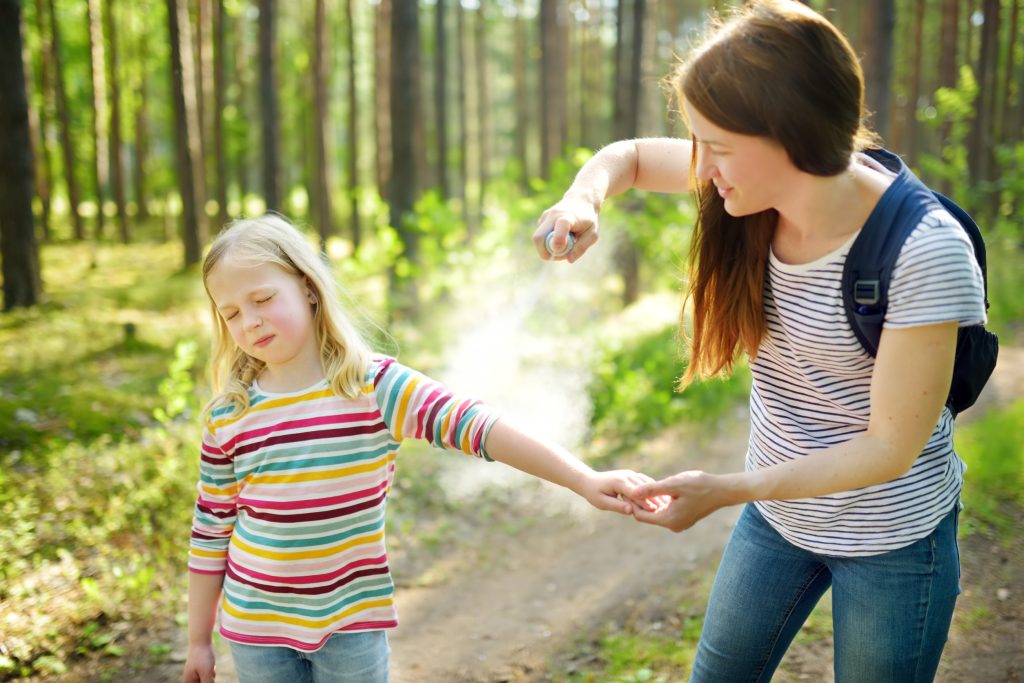When Anthony* was 15 months old, his mom noticed a subtle but significant shift in his behavior — he stopped making eye contact with her. Over time, Anthony’s gaze drifted left or right. He would blink fast and seem like he had to look away.
This was one of Anthony’s first signs of autism — or autism spectrum disorder (ASD). ASD is a developmental condition caused by differences in the brain and is characterized by challenges in social skills, communication and repetitive behaviors.
When Anthony was officially diagnosed with autism at the age of 3, he began to get the support he needed for his condition — a crucial component to helping children with autism thrive.
Here are signs of autism spectrum disorder and how you can get support for your child in school, in social settings and at home.
Every child is different. Children who don’t have autism may have some of the same characteristics, and children who do have autism may not display all of them. It’s always important to talk to your child’s pediatrician if you have any concerns.
Signs of Autism Related to Socialization and Interaction
Social interactions are part of daily life, whether at daycare, at school, with friends or at home with family. For children with autism, these interactions can be challenging.
Signs of autism related to socialization can include:
- Avoiding or not keeping eye contact
- Not responding to their name (by 9 months)
- Not showing facial expressions of happiness, anger, sadness or surprise (by 9 months)
- Not playing basic interactive games, like pat-a-cake (by 12 months)
- Not gesturing, or using few gestures, like waving goodbye (by 12 months)
- Not sharing interests with others, like showing you an object they enjoy (by 15 months)
- Not pointing to show you something they find interesting (by 18 months)
- Not being aware when others are upset or hurt (by age 2)
- Not noticing when other children play with them (by age 3)
- Not playing pretend, such as acting like a superhero or teacher, during playtime (by age 4)
- Not singing, dancing or acting during playtime (by age 5)
Signs of Autism Related to Language Development
Many parents look forward to their child’s first word, among many other language milestones. But children with autism may show signs of language delays and differences.
Signs of autism related to language development might include:
- Knowing words to label things, but not using them to ask for things
- Using words for objects before using words for people, including family members
- Having a longer period of repeating others
- Repeating dialogue from television shows or movies, especially in the tone they heard them in (sometimes called parroting, echoing or TV talk)
- Speaking unusually compared to other children their age, such as a toddler talking more like an adult
Signs of Autism Related to Repetition, Routine and Restriction
Many kids thrive on repetition and routine. It’s why many families have a bedtime routine, which helps signal it’s time for bed and ease children into that transition. Children with autism may require more adherence to their routines, as well as have restricted or repetitive behaviors.
Signs of autism related to repetition and routine can include:
- Using echolalia — or repeating words or phrases over and over again
- Playing with toys in the same manner each time
- Engaging in ritualistic behaviors, such as lining up toys and getting frustrated if the order is mixed up
- Having obsessive interests
- Needing to follow specific routines
- Repetitive motions, like flapping hands, spinning in circles or rocking the body
Other Common Signs of Autism
While social communication and restricted, repetitive behaviors are at the core of autism symptoms, every child experiences ASD differently. Other signs of autism can include:
- Sensory issues, such as being sensitive to lights, sounds, touch, tastes, smells and pain
- Pragmatic difficulties— or trouble understanding beyond the literal meanings of words and phrases
- Delayed skills in movement, cognition or learning
- Hyperactive, impulsive and/or inattentive behavior
- Eating or sleeping habits that are unusual
- Gastrointestinal issues, such as constipation
- Epilepsy or seizure disorder
- Excessive worry, anxiety or stress
- Unusual emotional reactions, such as a lack of fear or more fear than expected
Screening for and Diagnosing Autism
Unlike other medical conditions, autism spectrum disorder can be challenging to diagnose. This is because there is no medical test (like a blood test) to diagnose ASD.
There are nuances to diagnosing autism that can present challenges. For instance, stigmas can cause some signs of autism to be dismissed as discipline problems or learning deficits. A lack of access to healthcare can also delay diagnosis.
Additionally, girls are less frequently diagnosed than boys. Girls may not display what’s seen as typical signs of autism, and they may also hide symptoms more than boys.
Still, diagnosis remains crucial to getting the right support. At Children’s, our pediatricians partner with our Autism Diagnostic Clinic, where healthcare providers will review a child’s developmental history and behavior. They may also conduct behavioral assessments, genetic testing, developmental observations and speech evaluations.
In some cases, autism can be diagnosed at 18 months or younger. However, many children don’t get diagnosed until much later — sometimes even into adolescence and adulthood. As a result, some people with autism don’t get the support they need during crucial developmental years.
Even if you don’t have concerns about autism, your child’s pediatrician will do developmental and behavioral screenings at their 9-month, 18-month, and 30-month well-child visits. They’ll also be screened for autism specifically during their 18-month and 24-month visits.
Getting Your Child with Autism the Support They Need
If your child is diagnosed with autism, there are plenty of ways to support them. Treatments and interventions are aimed at reducing symptoms that impact a child’s quality of life and ability to function.
Because each child with autism has unique strengths and challenges, each treatment plan will vary. Treatments may include behavioral intervention, educational support, therapies (such as speech and language therapy, physical therapy, and cognitive-behavior therapy) and medications.
If you’re a caregiver of a child with autism, you play a crucial role in their development. You are not alone — speak with your healthcare professionals for support. The more you know about this condition and how it can impact your child, the more you can be an advocate for your child’s needs.
Empowering children with autism and the rest of the autism community starts with awareness, including how to detect signs of autism early and where to access support services. It continues with kindness, inclusivity, and celebration toward every child, teen and adult with autism spectrum disorder.
*Names have been changed to protect the privacy of the patient and their family.
Do you have questions about the signs of autism? Schedule an appointment with your child’s pediatrician to learn more about monitoring your child’s development.



